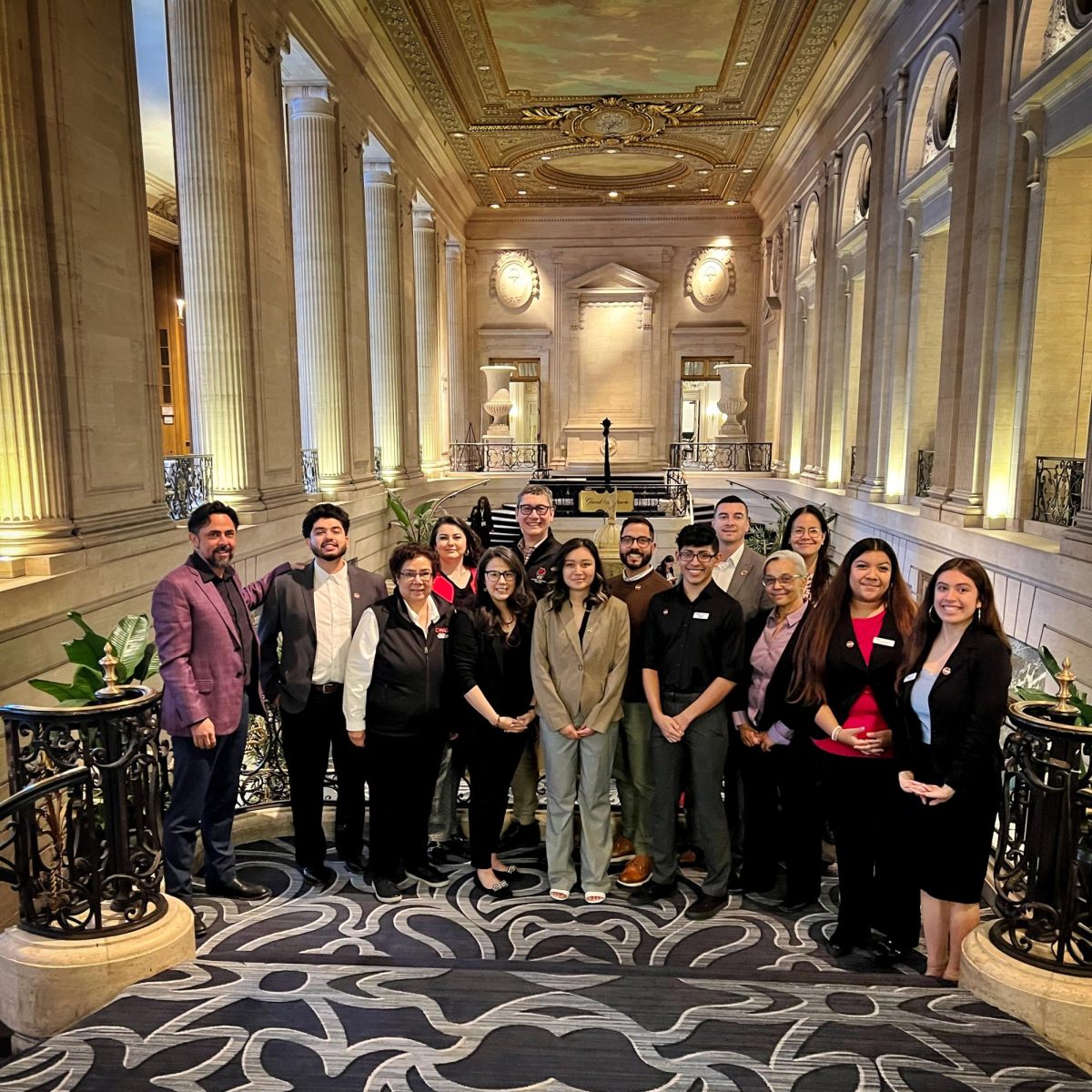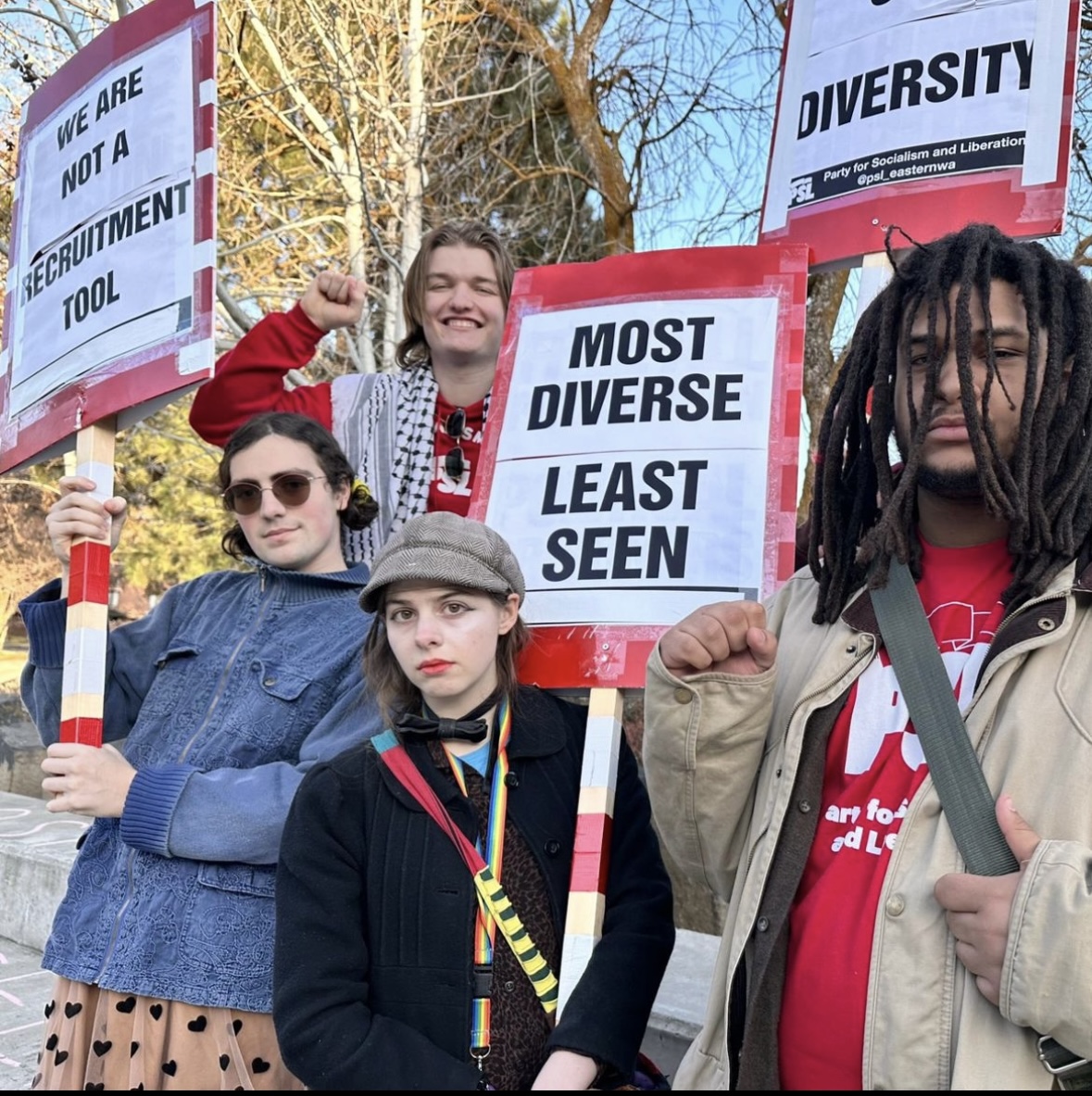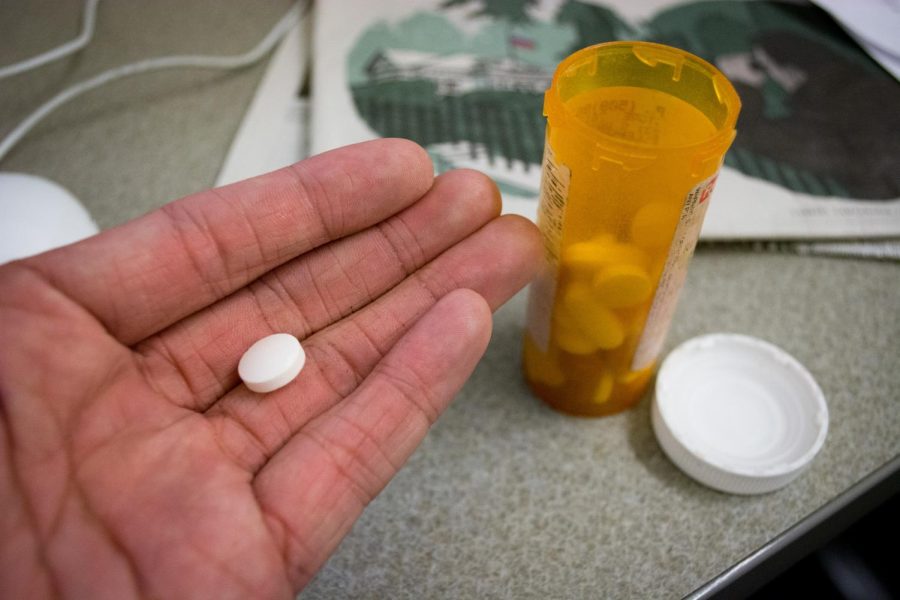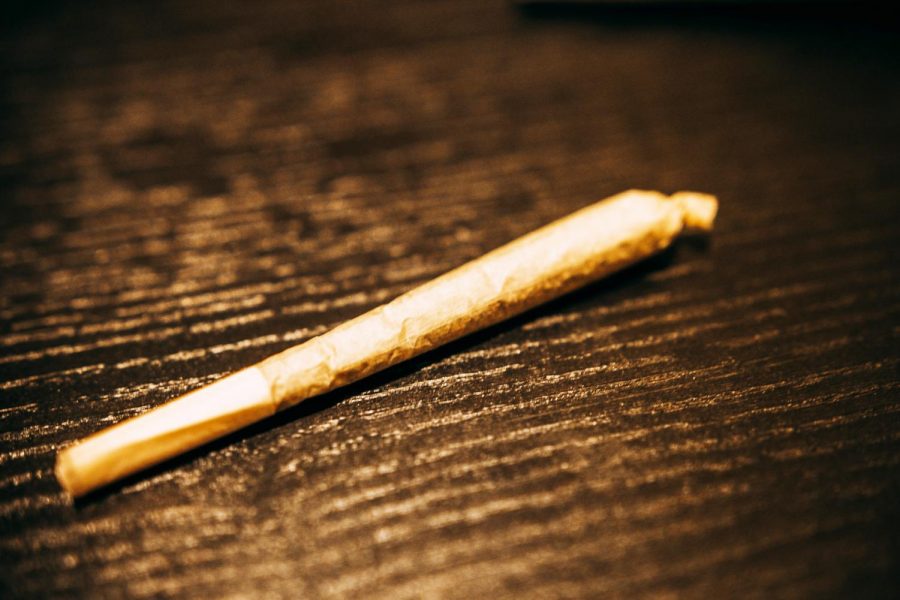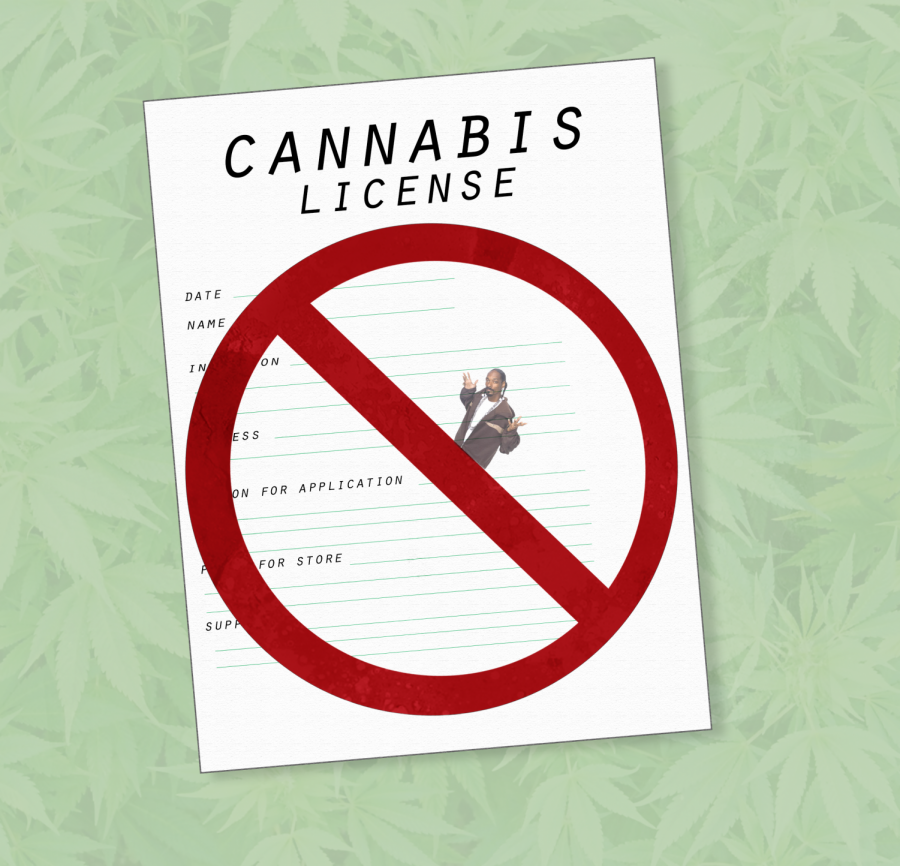BY Aaron Kunkler
Staff Reporter
Voters in Washington and Colorado have legalized the possession, sale and production of recreational marijuana, though the two policies vary in many ways.
In Colorado, individuals may grow up to six plants for personal use. This comes with stipulations such as allowing no more than three plants to be in the flowering phase of growth at a time, and prohibiting individuals from selling homegrown marijuana without a license.
Initiative 502 in Washington did not include a similar provision, so growing marijuana without a permit in Washington is still a crime, and felony laws apply.
AlisonCQ Holcomb, criminal justice director of the ACLU of Washington and a key contributor to the drafting of I-502, said that they were being pragmatic. Much of the initiative was based on preliminary polling to help ensure its passage.
“The model that Washington put forward is a more politically viable model,” Holcomb said. “People were much more comfortable with a system closely resembling that of hard alcohol.”
Jim Doherty, a consultant for LEAP, or Law Enforcement Against Prohibition, said both states took the federal laws into consideration.
“I think both states wanted something they thought would work, and not get too much push-back from the federal government,” Doherty said.
Another difference is that Colorado patched its recreational market on top of its existing medical marijuana industry, which was robust, Holcomb said. Many of the recreational regulations mirror the already existing medical marijuana regulations, such as allowing patients to grow their own.
Further, Colorado allowed only the medical dispensaries to opt into the recreational market.
Holcomb said that dispensaries in Colorado must produce 70 percent of the marijuana that they sell.
In Washington, I-502 remained silent on the medical marijuana industry. Only new vendors can enter the recreational market, and retailers cannot be involved with the production or processing of marijuana.
Even some plant materials are off limits in Washington.
“You are only able to purchase usable marijuana, and usable marijuana does not include seeds,” said Mikhail Carpenter, spokesman for the Washington Liquor Control board.
Diane Goldstein, a representative of LEAP, said the Washington model will be a more realistic template for legalization in other states, many of which have yet to approve even medicinal marijuana legislation.
“Washington was a bit more conservative with how they saw the adult use market developing,” Goldstein said. “Every state should develop their own policy, based on the needs of their state.”
Eventually, Holcomb said legislation barring individuals from growing their own marijuana plants may change.
“Just as we’ve seen liquor and alcohol laws evolve over time,” Holcomb said, “I think we’ll see the same happen with marijuana laws.”



